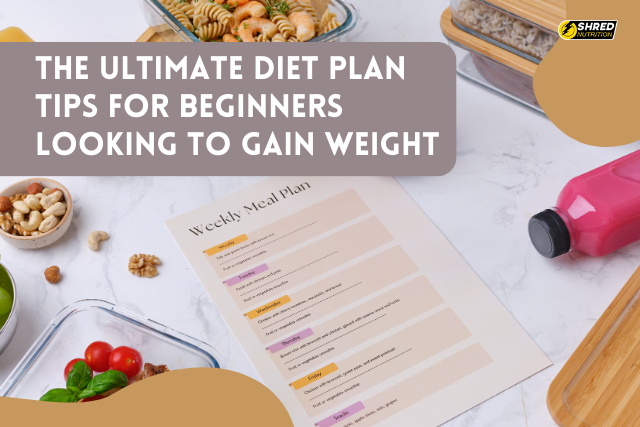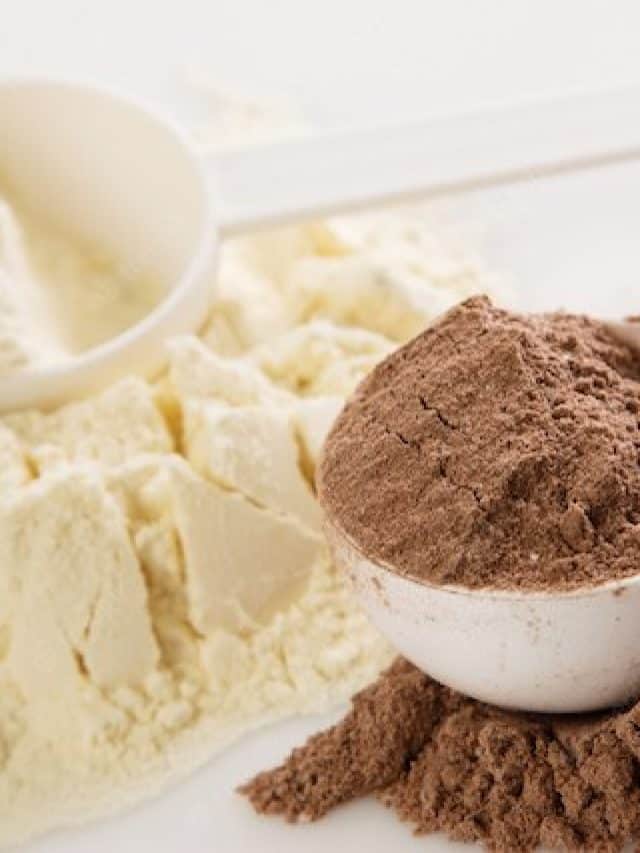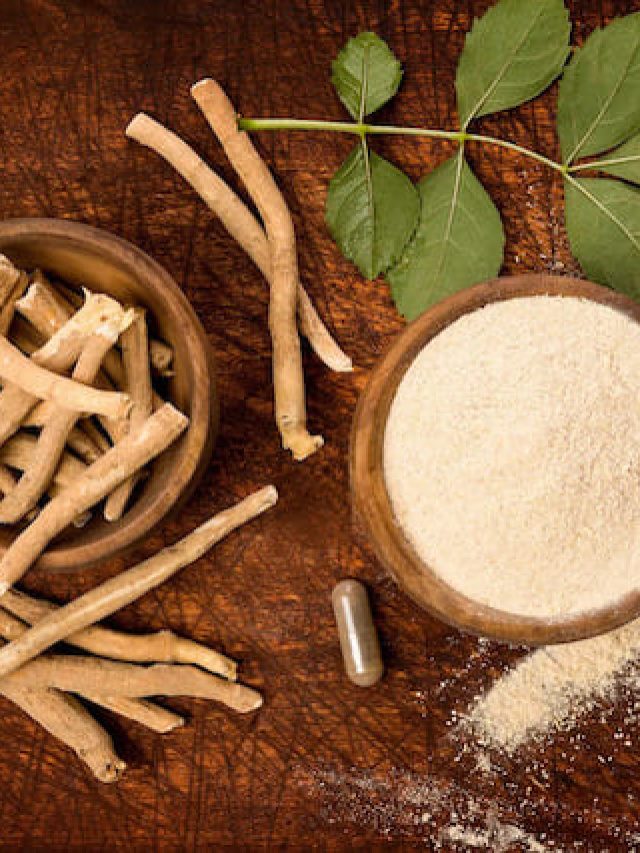
Embarking on a weight gain journey can be as challenging as aiming for weight loss. For beginner gym-goers, the path to achieving weight gain is more than just lifting heavy weights—it’s about adopting a strategic approach to nutrition. This comprehensive guide aims to provide insights into crafting an effective diet plan to aid in weight gain. Setting realistic goals and understanding the importance of a structured diet plan is fundamental to achieving success in gaining weight. While it may seem straightforward—eat more, gain weight—doing so healthily and sustainably requires a deeper understanding of nutrition.
Understanding the Basics
At the core of any weight gain endeavor lies the principle of maintaining a caloric surplus. This surplus entails consuming more calories than your body expends, laying the foundation for weight gain. However, it’s equally vital to grasp the significance of macronutrients – protein, carbohydrates, and fats – within this surplus. Protein is the building block for muscle repair and growth, while carbohydrates provide energy for workouts and daily activities. Fats, often misunderstood, are essential for hormone production and overall health. Striking the right balance among these macros is key to a successful weight gain journey.
Pre-Workout Nutrition
Preparation is key, especially when it comes to fueling your body before a workout. The importance of pre-workout meals cannot be overstated. They provide the energy needed to sustain intense workout sessions. Optimal choices include a combination of complex carbohydrates and protein, such as oatmeal paired with fruits, Greek yogurt adorned with honey and nuts, or whole-grain toast generously spread with peanut butter. These options offer sustained energy, enhancing endurance during workouts and aiding muscle preservation.
Post-Workout Nutrition
Post-exercise, the body requires replenishment and recovery. The significance of post-workout nutrition in facilitating muscle repair and growth cannot be emphasized enough. Meals rich in protein and carbohydrates prove to be highly effective. Consider meals like grilled chicken breast with sweet potatoes and vegetables, brown rice accompanied by grilled salmon, or a hearty quinoa salad featuring chickpeas. These meals aid in replenishing glycogen stores and facilitating muscle recovery, which is crucial for growth and strength development.
High-Calorie and Protein Smoothie Recipe
A high-calorie and protein-packed smoothie can serve as an excellent addition to your weight gain diet plan. This offers a well-balanced mix of carbohydrates, protein, and healthy fats, crucial for muscle recovery and growth.
Ingredients:
- 1 ripe banana
- 1 cup of whole milk or a milk substitute (almond milk, oat milk, etc.)
- 1/2 cup Greek yogurt
- 1 scoop of whey protein powder (chocolate or vanilla flavored)
- 2 tablespoons of peanut butter or almond butter
- 1/4 cup rolled oats
- 1 tablespoon honey or maple syrup (optional for added sweetness)
- 1/2 cup frozen berries (strawberries, blueberries, raspberries)
Preparation:
- Combine all ingredients in a blender
- Blend until smooth and creamy
- Adjust consistency by adding more milk if needed
- Pour into a glass and enjoy this nutrient-packed smoothie
Additional Tips and Considerations
Incorporating these additional tips into your weight gain journey can significantly enhance your progress, ensuring a holistic and sustainable approach towards achieving your fitness goals. Remember, a balanced lifestyle that encompasses both physical and mental well-being is the ultimate key to success.
1. Hydration Matters
Staying adequately hydrated is often underestimated in weight gain plans. Water is essential for overall health and facilitates nutrient transport and absorption. Aim to drink at least 8-10 glasses of water daily. During intense workouts, consider replenishing electrolytes lost through sweat with sports drinks or coconut water.
2. Prioritise Quality Sleep
Sleep is when your body repairs and grows muscles. Aim for 7-9 hours of quality sleep every night. Quality sleep aids in hormone regulation, particularly growth hormone, and testosterone, both crucial for muscle building.
3. Consistency Trumps Intensity:
Consistency in both diet and exercise routines is key. It’s more beneficial to maintain a steady workout regimen and a consistent diet rather than sporadic intense workouts and irregular eating patterns. Small, incremental changes over time lead to sustainable progress.
4. Track Progress and Adjust Accordingly:
Keep a journal to track your food intake, workouts, and progress. This allows you to analyze what works best for your body. If you’re not seeing the desired progress, consider adjusting your caloric intake or macronutrient ratios accordingly.
5. Be Patient and Stay Realistic:
Rome wasn’t built in a day, and neither are strong, lean bodies. Understand that gaining a healthy weight is a gradual process. Set realistic short-term and long-term goals. Celebrate small victories along the way and avoid getting discouraged by temporary setbacks.
Conclusion
In conclusion, gaining weight isn’t just about consuming more food—it’s about consuming the right proportions of nutrients. Crafting a diet plan that includes balanced pre and post-workout nutrition, along with other dietary considerations and consistency, is vital for achieving weight gain goals. Remember, it’s a journey that requires dedication, patience, and the right mindset.










